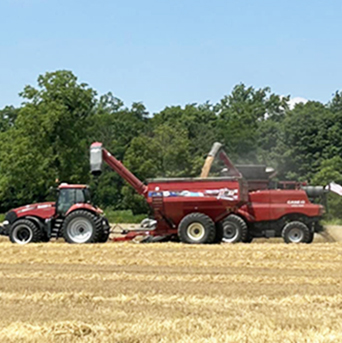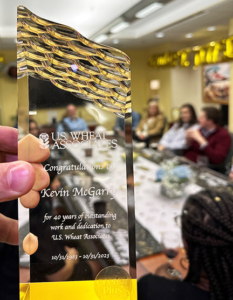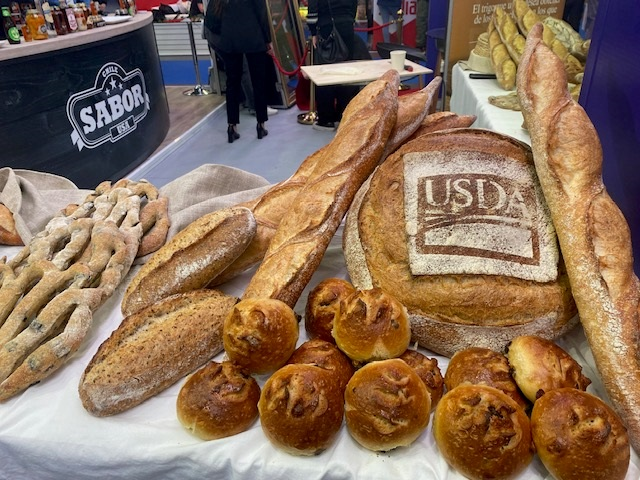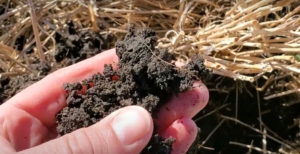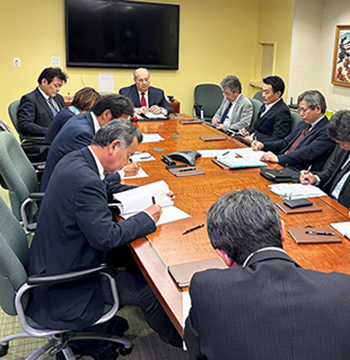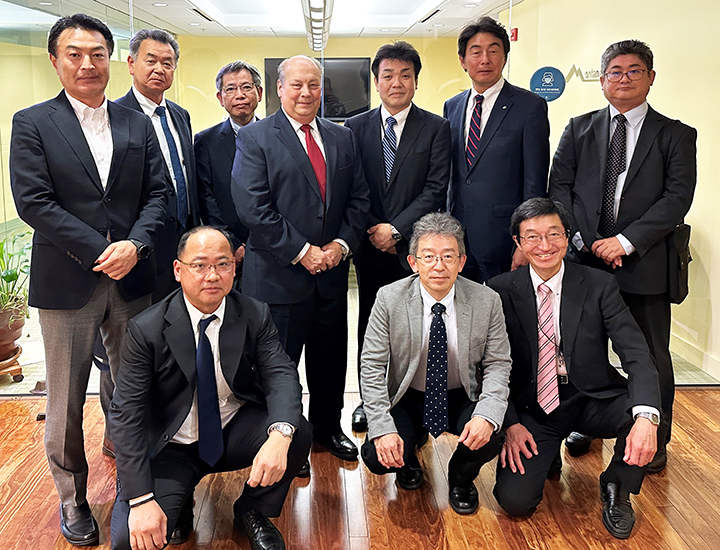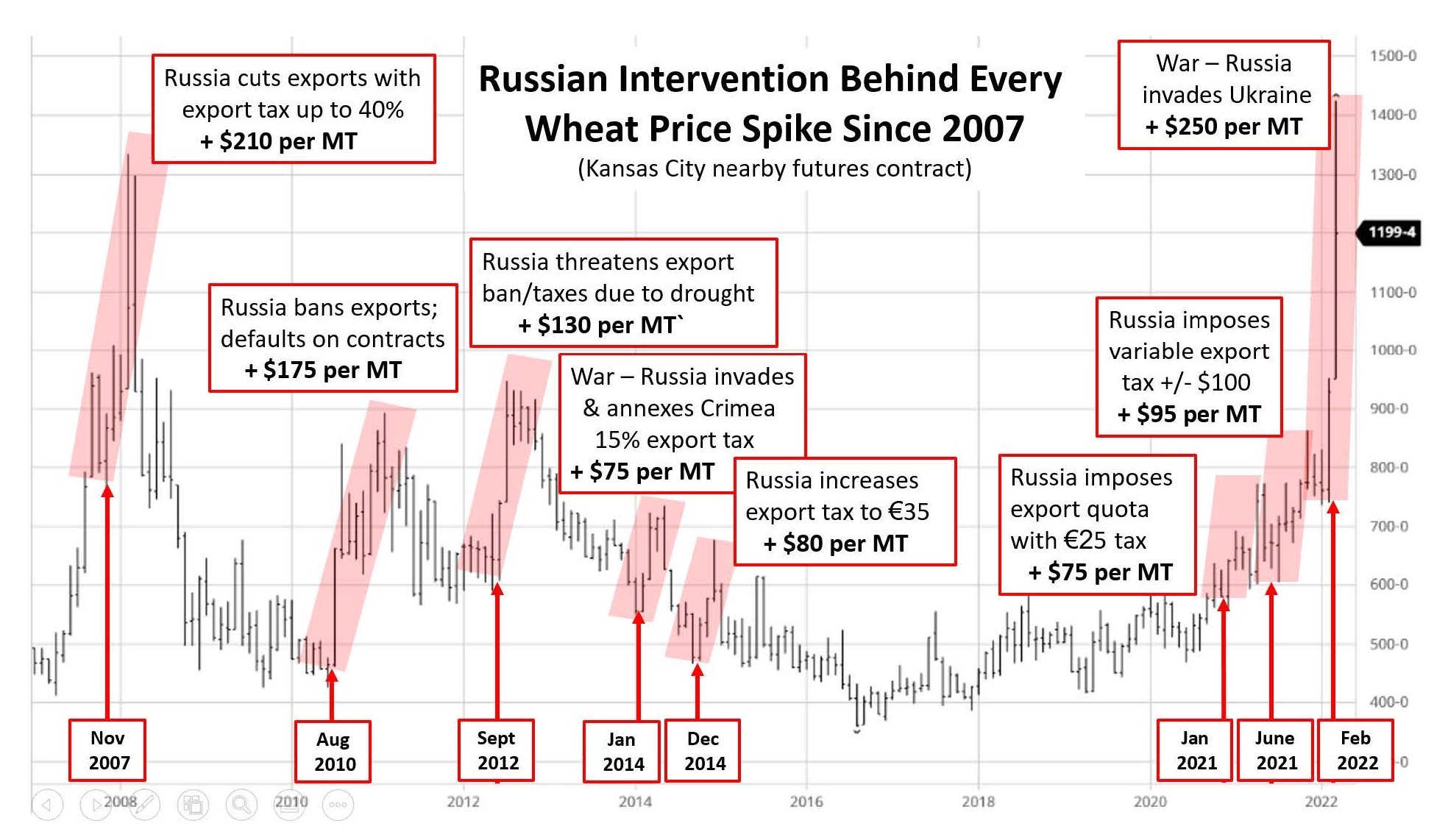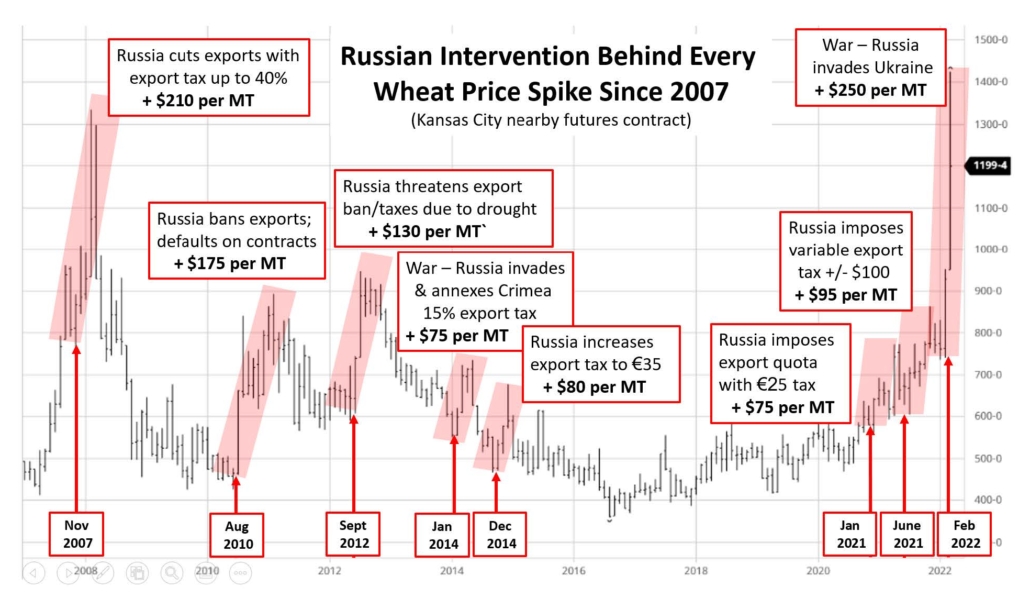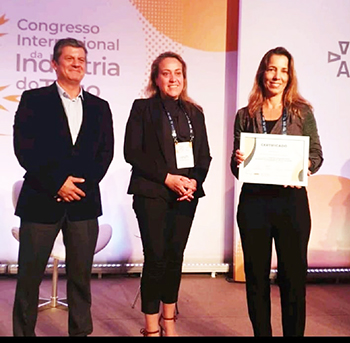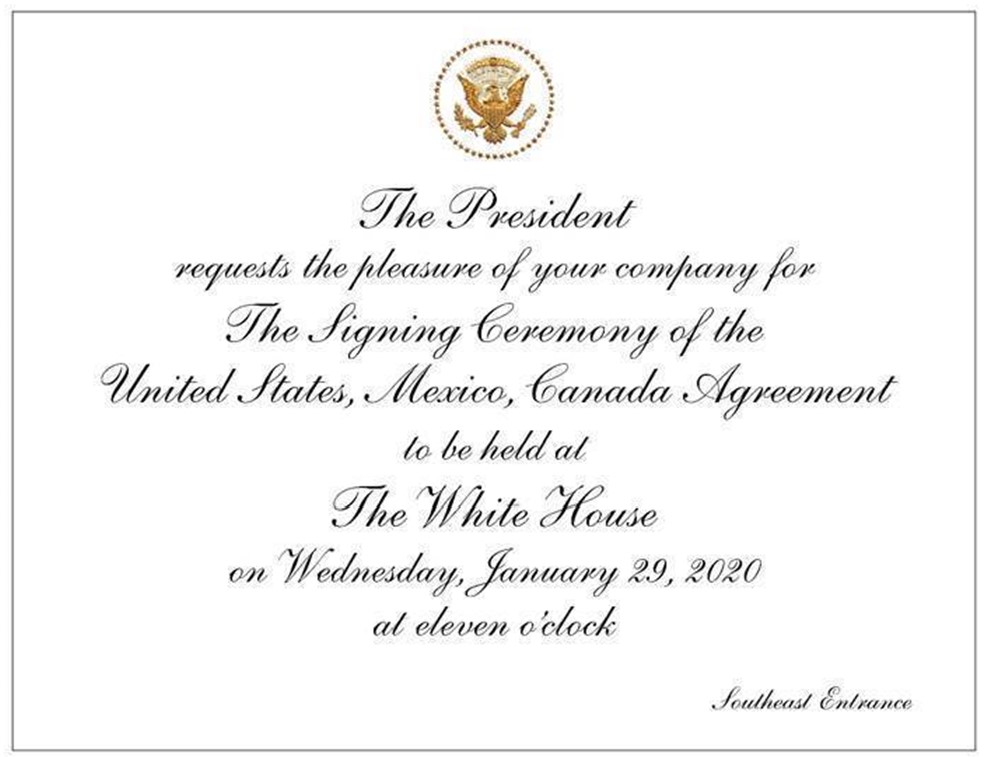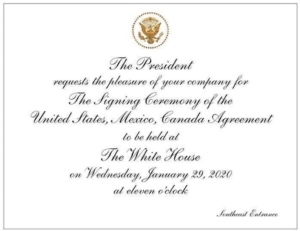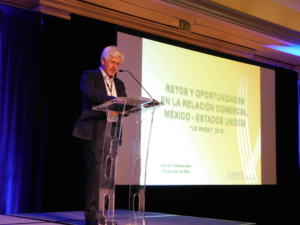News and Information from Around the Wheat Industry
Speaking of Wheat
“The Commodity Credit Corporation and USDA’s market development and aid programs are critically important at this time, and with this additional support we can strengthen U.S agriculture’s presence in existing markets, open up new market opportunities, and build on our relationships and connections to ensure that high-quality American agriculture and food products reach where they are needed in the world.” – U.S. Secretary of Agriculture Tom Vilsack announcing a new program adding funds to support U.S. export market development and international food assistance.
USW, State Commissions Welcome COFCO Trade Team
USW Hong Kong/China regional office is undertaking a first-hand look at the U.S. wheat supply chain and quality management systems for 8 wheat and flour industry managers with China’s COFCO agribusiness company. The trade team is planned to demonstrate to these purchase and quality managers that U.S. farmers, strong rail and river transport system, third-party quality certification and economical ocean freight from the PNW and Gulf provide a trusted source of wheat. State wheat commissions in Oregon, North Dakota, Texas, Kansas, and Ohio are hosting the team through early November. China’s U.S. wheat purchases have ramped up again in 2023/24 and, as of Oct. 12, 2023, include about 680,000 metric tons (MT) of soft red winter and 69,000 MT of hard red spring wheat.
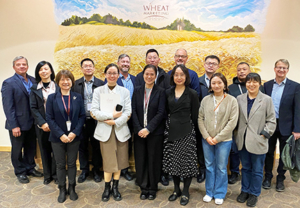
USW staff and the COFCO team pause for a photo at the Wheat Marketing Center in Portland.
Celebrating World Bread Day
U.S. Wheat Associates (USW) Manila, Philippines, office joined a celebration of World Bread Day (Oct. 16) at a Baking Demonstration Festival in Manila October 19 and 20. This was a joint project with the Filipino-Chinese Baking Association, Inc., and the Philippine Society of Baking that presented “BREAD OF THE WORLD,” filled with exciting new ideas, trends and innovations. The event featured free tastings, shared recipes to indulge in the goodness of baking fresh breads together. Several classes of U.S. wheat are imported by the Philippine milling industry to supply most of the flour consumed in that country.
Support For Conservation and Climate-Smart Agriculture
The USDA reported on October 16 that $1.77 billion has been issued through the Conservation Reserve Program (CRP) to agriculture producers and landowners. USDA Secretary Vilsack said, “These producers and landowners voluntarily place their land under contract and, in the spirit of stewardship, agree to establish and maintain prescribed conservation practices for the life of contract.” There are conservation efforts on more than 23 million acres of private land and a 21% increase in the acres enrolled since 2021.
Key Washington State Rail Line
The Federal Railroad Administration selected the state of Washington to receive a substantial $72.8 million Fiscal Year 2022 Consolidated Rail Infrastructure and Safety Improvement (CRISI) grant for capital improvements on the Palouse River and Coulee City (PCC) short line railroad. “This grant will allow the grain industry to respond to a critical need for improved transportation infrastructure and is deeply appreciated,” Washington Grain Commission CEO Casey Chumrau said. The railroad is an essential component of the Eastern Washington agricultural supply chain, facilitating the movement of the state’s high-quality wheat and barley to larger rail lines and on to both domestic and international markets.
National Wheat Yield Contest Winners
The National Wheat Yield Contest has announced the achievements of its 24 national winners, hailing from 12 different states, who have achieved an average yield of 144 bushels per acre (355 MT/hectare) across all categories. The National Wheat Foundation noted that growers demonstrated exceptional resilience this year. Despite facing adversity, with 59% of winter wheat production affected by drought on May 9, and 75% of spring wheat production impacted on July 25, these dedicated individuals showcased unwavering commitment to maximizing their wheat productivity in spite of environmental challenges. Read more here.
Subscribe to USW Reports
USW publishes various reports and content available to subscribe to, including a bi-weekly newsletter highlighting recent Wheat Letter blog posts and wheat industry news, the weekly Price Report, and the weekly Harvest Report (available May to October). Subscribe here.
Follow USW Online
Visit our Facebook page for the latest updates, photos, and discussions of what is going on in the world of wheat. Also, find breaking news on Twitter, video stories on Vimeo and YouTube, and more on LinkedIn.

